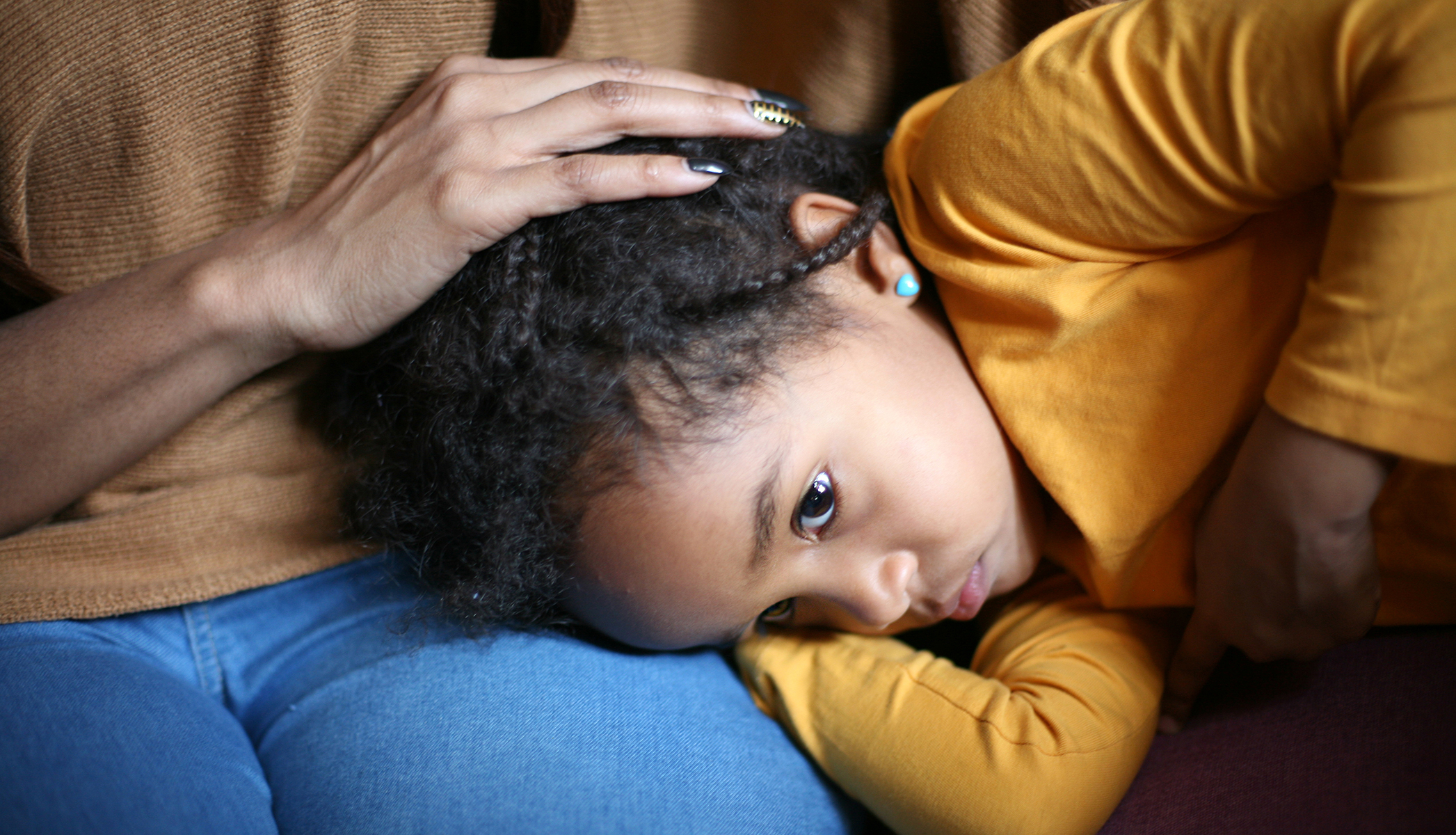Today, the team at Livi is delighted to mark International Women’s Day and to play our small part in campaigning for a gender equal world. Yet, fully 110 years since women first gathered to campaign for gender equality and justice, so much remains to be achieved, in all areas of life, health and work, in nations both developed and developing, all around the world.
For the past year the world has had to face down what we hope is a once-in-a-generation crisis; and the effects of the Covid-19 pandemic have been profound. Whether or not we have suffered personal loss or illness, solitude or emotional burden, this horrible disease has touched us all. To get through it we have had to make fundamental changes to our way of life. We have had to alter both the way we look at the world and the way we relate to it. Existing health and wealth inequalities, so often ignored, have been magnified and illuminated. Those who have the least have been hardest hit.
Here in the UK, thanks to the NHS, we benefit from one of the finest health services in the world. Covid-19 has unambiguously demonstrated the selfless dedication and bravery of its’ frontline staff, 77% of whom are women. Even so, in order to meet the demands of the pandemic, the NHS has been forced to reduce the provision of its treatments for other conditions, both chronic and acute. Shockingly, it seems that women might have felt the impact of this more than men. Even in matters of health, even in times of crisis for all, gender inequality for women persists. This has to be wrong and we must act to address it.
As the pandemic struck, British women faced a startling reduction of access to maternity, antenatal, postnatal and gynaecological services. According to a survey conducted by Warwick Medical School and the University of Edinburgh, almost 80% of antenatal units temporarily closed face-to-face clinics and the number of scheduled elective gynaecological procedures fell by almost 90%.
During the pandemic, countless women here and internationally have been denied access to sexual and reproductive health services. As a result, the United Nations estimates that we may now see up to seven million unintended pregnancies around the world. Although we don’t yet know the full health implications of this prolonged loss of access to crucial healthcare services, it is probable that the long-term negative effects on women’s reproductive health may become significant.
Livi is a partner to the NHS. We are a UK tech-enabled company led by women; we are a UK healthcare company with a female Managing Director and a female Medical Director. We are a healthcare provider with a majority female GP workforce (two-thirds of our GP’s are women). Livi supports this year’s IWD theme by choosing to challenge and call out gender bias and inequality. Today, we are campaigning for a gender equal world because we know that an inclusive world is a better world.
Livi is a digital healthcare company. We are a challenger. We believe that digital healthcare, delivered well, can help redress inequalities of access. So our vision is a world in which healthcare is accessible for all; regardless of status, means, geography and, yes, gender. A world in which digital healthcare is delivered seamlessly alongside physical healthcare; and a world in which innovative technology transforms healthcare provision, experience and outcomes for the better.
In this year, of all years, as women everywhere struggle for access to essential healthcare services, International Women’s Day reminds us that there is so much more to do if we are to achieve and sustain gender equality and justice.
From challenge comes change, so let's all choose to challenge. #ChooseToChallenge


